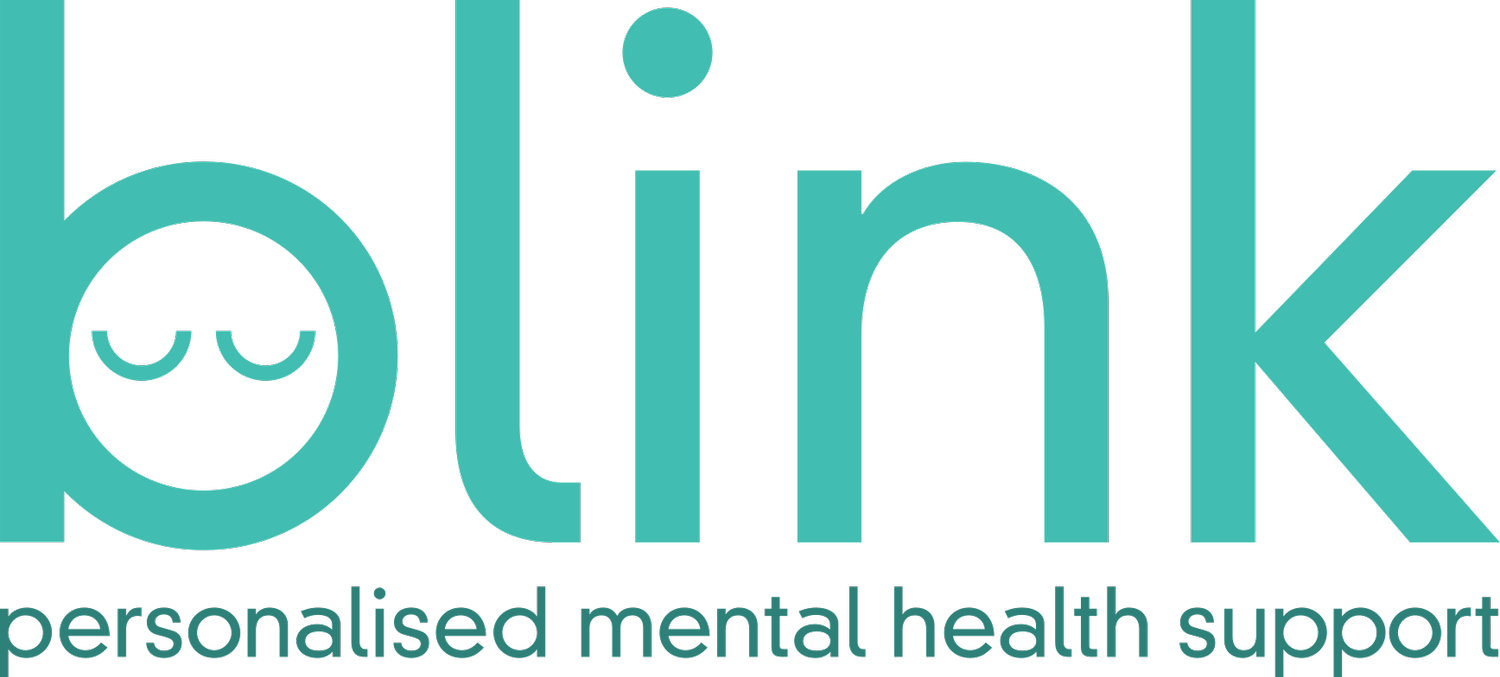Single-session therapy: what is it, and why do we use it?
Single-session therapy is the most frequently delivered therapy type in public and charitable agencies across the UK. We didn’t chose this model purely pragmatically or just because it works well at festivals – there’s an established and growing evidence base showing the value of this approach:
1️⃣ Single-session work is best considered a mindset or approach, not a technique
This allows our therapists to use different modalities to inform sessions, depending on what support the client needs – rather than adopting a more rigid or narrow approach.
2️⃣ The therapist and client both take responsibility for therapeutic momentum
By uncovering knowledge, skills, values, and commitments that the client has, but may not be aware of – then working together to notice, describe, and expand upon these – we create the possibility for change. This change can continue long after the session ends, through shifts in understanding, behaviour and feelings.
3️⃣ The session may explore therapeutic help that could benefit the client in future
We know this can be done whilst also supporting the idea of “change today,” and without underestimating the client’s strengths, or assuming change can only occur gradually.
We believe in personalised support; not every session will follow this model
Some festival-goers might want info, reassurance or emotional containment at a time of distress. Others might simply be curious to “try out” how therapy feels, allowing them to shift misconceptions or reduce obstacles to accessing support in the future.
“Previous experience in any therapy session have not ever provided me the same substance this single session did - I felt seen, heard and the responses allowed me to think for myself. blink should be at ALL festivals.”
- a festival-goer who had blink therapy
